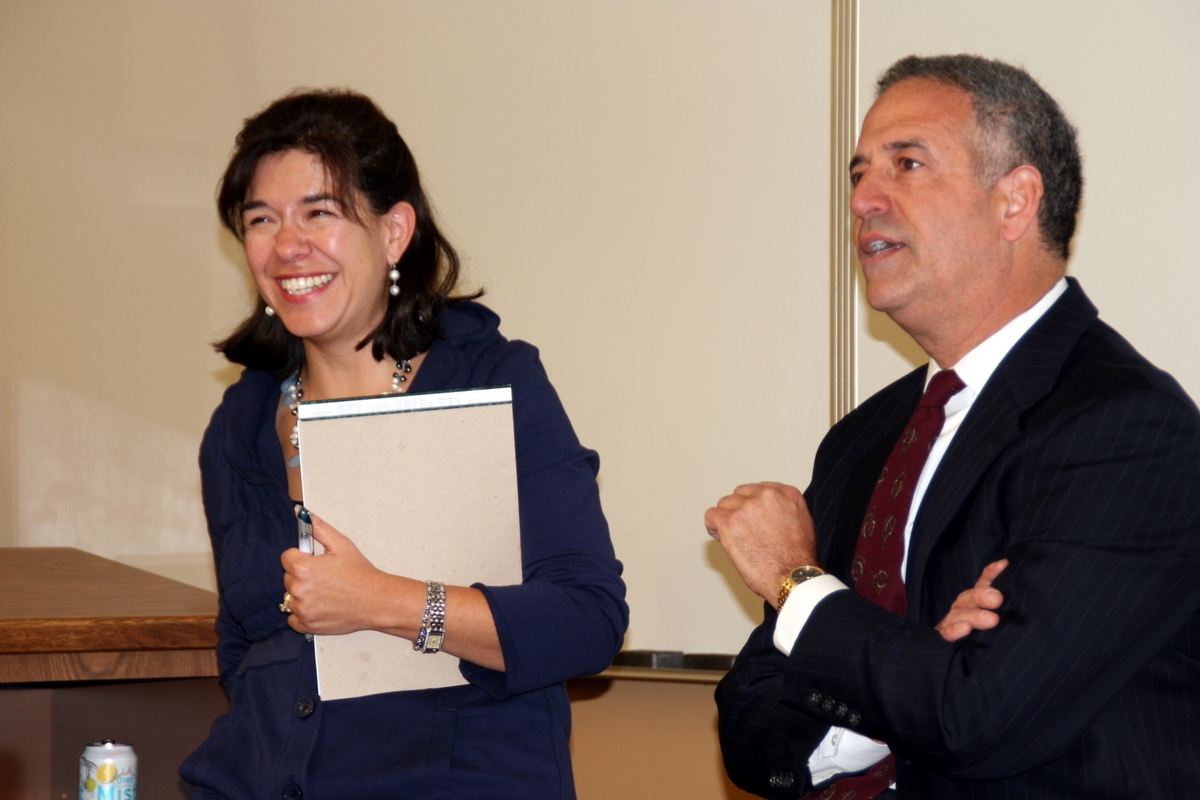Beware Black Friday
 In honor of the upcoming shop-a-thon known as Black Friday, I am linking to last week’s article in Newsweek about how we need to shop. The science behind this impulse is the same that we deal with in negotiation in terms of how clients view risk, loss, and gratification. In full disclosure, here’s a picture of my most recent inability to delay gratification.
In honor of the upcoming shop-a-thon known as Black Friday, I am linking to last week’s article in Newsweek about how we need to shop. The science behind this impulse is the same that we deal with in negotiation in terms of how clients view risk, loss, and gratification. In full disclosure, here’s a picture of my most recent inability to delay gratification.
As the authors write,
Indeed, the choice to spend rather than save reflects a very human—and, some would say, American—quirk: a preference for immediate gratification over future gains. In other words, we get far more joy from buying a new pair of shoes today, or a Caribbean vacation, or an iPhone 4S, than from imagining a comfortable life tomorrow. Throw in an instant-access culture—in which we can get answers on the Internet within seconds, have a coffeepot delivered to our door overnight, and watch movies on demand—and we’re not exactly training the next generation to delay gratification.

